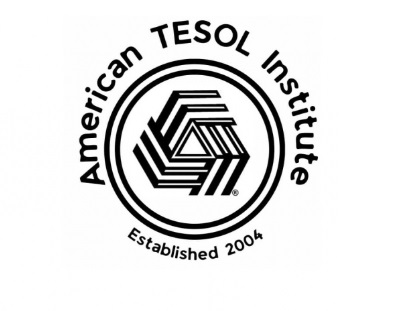Artificial intelligence (AI) is revolutionizing numerous fields, and education is no exception. In the realm of ESL (English as a Second Language) instruction, AI offers the potential to create a groundbreaking pedagogical approach that is personalized, adaptive, and accessible. Let’s explore how AI can be leveraged to enhance ESL learning.
Key Elements of AI-Powered ESL Pedagogy
- Personalized Learning Paths: AI-powered systems can analyze a student’s individual strengths, weaknesses, learning styles, and interests. This allows them to create highly tailored learning paths. For example, a student struggling with pronunciation could receive targeted pronunciation exercises, while another student ahead in grammar could be presented with more complex reading passages.
- Adaptive Feedback and Assessment: AI algorithms can provide real-time feedback on pronunciation, grammar, vocabulary usage, and overall language production. This feedback can be instant and specific, guiding students toward improvement. AI can also design adaptive assessments that adjust to students’ proficiency levels, providing accurate and dynamic progress evaluation.
- Immersive Language Environments: AI-powered virtual reality (VR) and augmented reality (AR) environments can transport students to simulated English-speaking contexts. These immersive experiences encourage natural language practice in scenarios like ordering at a restaurant, giving directions, or participating in a job interview.
- Intelligent Chatbots: Chatbots powered by advanced Natural Language Processing (NLP) can engage students in conversations that simulate real-world interactions. These chatbots can adapt to a student’s language level, making interactions accessible and encouraging sustained practice.
- Automated Content Generation: AI tools can be used to generate a wealth of customized ESL materials. These include reading passages tailored to students’ interests, grammar exercises at appropriate difficulty levels, and pronunciation drills that address individual needs.
Advantages of AI-Powered ESL Pedagogy
- Increased Personalization: AI delivers tailored learning experiences that are impossible for a traditional classroom to replicate.
- Enhanced Accessibility: AI tools can make ESL learning accessible anytime, anywhere, breaking down geographical barriers.
- Scalability: AI systems can be used to reach a large number of learners cost-effectively and efficiently.
- Data-Driven Insights: AI-powered analytics offer educators and students valuable data on learning patterns, identifying areas for improvement and tracking progress.
Considerations and Implementation
- The Importance of Human Teachers: AI should serve to enhance the role of teachers, not replace them. Teachers are essential for providing guidance, motivation, and addressing students’ complex needs.
- Ethical Considerations: Transparency and data privacy should be prioritized in the development of AI-powered ESL tools.
- Access and Equity: Efforts must be made to ensure access to AI-powered ESL resources across diverse student populations, bridging the digital divide.
Conclusion
AI-powered ESL pedagogy holds immense potential for transforming the way English is taught and learned. By combining the power of AI with the expertise of human teachers, we can create a learning environment that is more personalized, efficient, and accessible than ever. As AI technologies evolve, so too will this exciting new pedagogical approach, leading to improved outcomes and enhanced opportunities for ESL learners worldwide.


